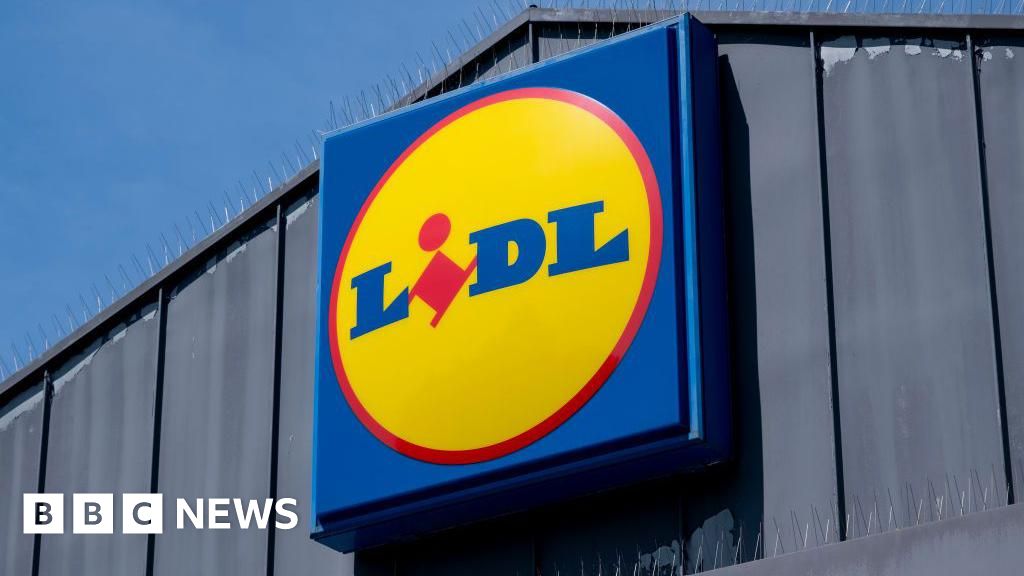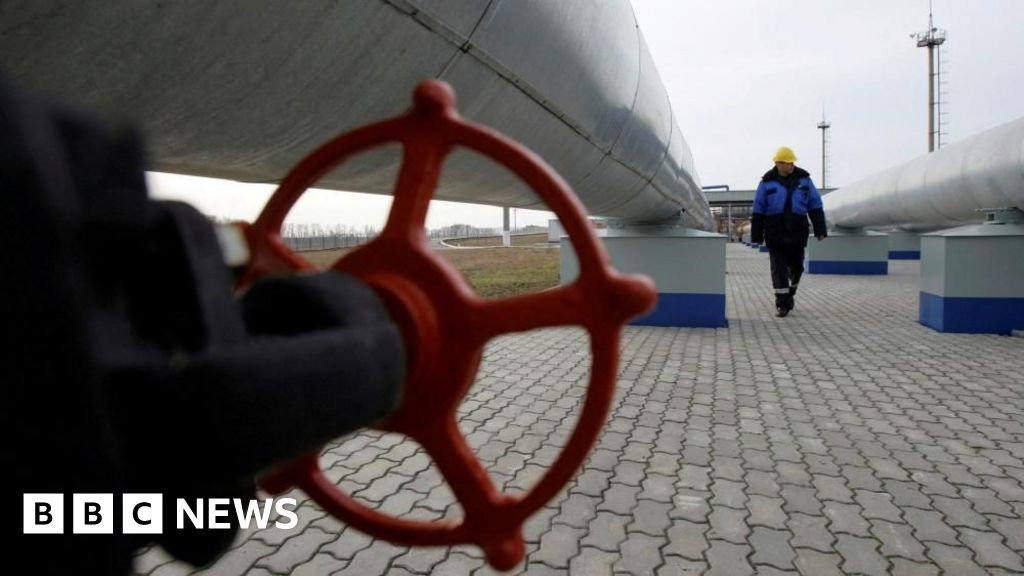A ban on baby milk discounts and promotions should be overturned to stop parents "paying over the odds" for formula, a government watchdog has said.
It stopped short of recommending price controls, but said they remain a possibility, adding parents have been "shouldering the costs" of price increases in the market for years.
The Competition and Markets Authority's (CMA) interim report said the baby milk industry needed a shake-up to help parents struggling to afford it.
"We're concerned many parents opt for more expensive products, equating higher costs with better quality for their baby," CMA chief executive Sarah Cardell said.
Just two companies - Danone, which makes Aptamil and Cow & Gate, and Nestle, which makes SMA - control the majority of the UK market.
Prices for baby formula in the UK have jumped between 18% and 36%, depending on the brand, over the two years between December 2021 and December 2023, the report found.
Parents could make a saving of up to £500 over a baby’s first year of life by switching to a lower priced brand, the report found.
The market is currently regulated so that promotions, such as a loyalty points or discounts, are banned in the same way they are for tobacco and lottery tickets.
This is to encourage breastfeeding, which the NHS says is healthier for children, but the CMA said it was concerned this stopped firms competing on price, with an "unintended consequence" of this meaning "consumers paying higher prices".
It said "permitting prices and price reductions to be publicised", would encourage price competition.
It found there was "little pressure" on firms "to shelter customers from increases in manufacturing costs, which have largely been passed on quickly and in full".
Despite these regulations, Asda started allowing loyalty points to be used to buy baby milk from January. Iceland has also spoken out against the rule.
The rules also require all brands of baby milk formula, including supermarket own brands, not to differ too much in terms of core ingredients.
However, the CMA is worried the words companies use to make their products stand out, such as "advanced", make it hard to judge their quality.
It said this "risks diluting the important public health message that all infant formula meets nutritional needs" regardless of brand or product.
To solve these concerns, the CMA has recommended an overhaul of the market.
It also recommended companies clearly separate their baby milk brands from their follow-on milk brands, for babies after six months, because it worried "brand reputation plays an outsized role in decision-making".
Strengthening the existing rules so that they also apply online and making sure parents have access to the right information was also recommended.
Price controls such as caps are "not currently recommended", but the CMA did say they could "bring down prices directly" if enforced.
Baby formula maker HiPP Organic UK said it was reassured that price caps were not being recommended as "these are unlikely to support families and maintain a sustainable industry".
The CMA began its probe after it became concerned about surging baby milk prices and expects to publish its final report in February next year.
A spokesperson for Danone said it "agrees with the CMA that there should be a focus on the information parents receive in healthcare settings, and in particular on the differences between infant formulas".
Nestle has been contacted for comment.

 Movie
Movie 1 month ago
32
1 month ago
32 






![Presidents Day Weekend Car Sales [2021 Edition] Presidents Day Weekend Car Sales [2021 Edition]](https://www.findthebestcarprice.com/wp-content/uploads/Presidents-Day-Weekend-car-sales.jpg)



 English (United States)
English (United States)